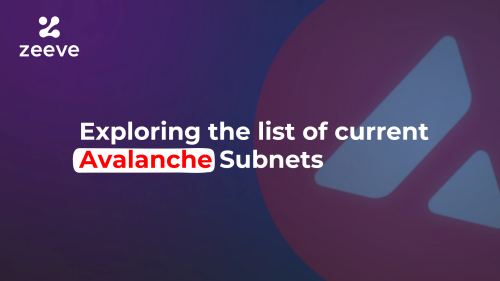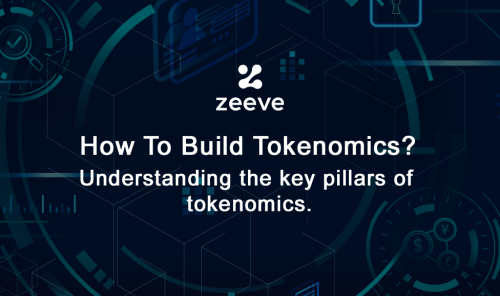Tokenism: True adoption and appraisal
Blockchain innovation has encouraged the formation of artificial economies dependent on tokens and cryptographic forms of money. These artificial economies are not quite the same as genuine economies in numerous viewpoints. They are all the more barely engaged around the provisioning of just a couple of merchandise or administrations. They can be progressively adaptable, as blockchain innovation enables the advancement of smart contracts to control the issuance or usage of tokens under any discretionary conditions. Likewise, there are different sorts of exogenous dangers, for example, new sorts of guidelines, and theoretical or hacking assaults on trades. This implies, a considerable lot of the devices, hypotheses what’s more, techniques that apply in financial aspects don’t matter on account of token economies. The token-economists needs to now and again think of new models and tools for every individual case. Since token-economists is a new field, the open dialog around instruments and strategies is critical, and can accelerate the advancement of strategies that will later transform into standard practices. This thought leadership piece traces the distinctive future prospects around tokenism and its varied economical angel.
Blockchain-based cryptographic forms of money and tokens have surprised the world. Agreeing to CoinMarketCap.com, the whole cryptographic money showcase capitalization has additionally enveloped from around US$20 billion to around US$600 billion over a year ago, with dynamic exchanging and uses for all intents and purposes obscure a year prior, initial coin offerings (ICOs) have likewise pulled in additional consideration than the ordinary Initial public offerings, bringing 3.5 billion up in excess of 200 arrangements in 2017 alone, as indicated by CoinSchedule. Be that as it may, it is a long way from clear how cryptographic forms of money infer qualities and how they ought to be embraced given their enormous volatilities. Subsequently, there comes up short on no faultfinders of the advancement of digital money, at any rate Bitcoin, in both the business furthermore, academia. ICOs are additionally confronting messes with respect to its authenticity and qualification from security issuance. In the ongoing hearing on Capital Markets, Protections, and Venture, the controllers likewise show up fairly separated on the eventual fate of cryptographic forms of money, computerized monetary forms, ICOs, and Blockchain improvement.
So as to draw a line between rash hypothesis and financial advancement, and get it how tokens ought to be directed, it is imperative to first see how digital forms of money or on the other hand tokens determine esteem and the jobs they play in the provident of the virtual economy. Doing as such would likewise enable users to get it the exact examples and draw new hypothetical experiences about resource evaluating.
To this end, we need a dynamic model of a virtual economy with endogenous client reception and local tokens that encourage exchanges and business activities on a blockchain. Besides, we can anchor token valuation on the major profitability of the blockchain innovation and show how tokens determine an incentive as an interchangeable resource with constrained supply that clients hold to get utility accessible exclusively from the blockchain stage. Furthermore, tokens allow users to capitalize future growth and popularity of the platform, which in turn accelerates their adoption because the expected token price appreciation makes it an attractive investment to hold and tokens. Also, the expected price appreciation diminishes as the platform technology matures and more users adopt, which moderates the volatility of user base because the direct impact of platform productivity shocks on user base and the indirect impact through token prices act in opposite ways.






Responses